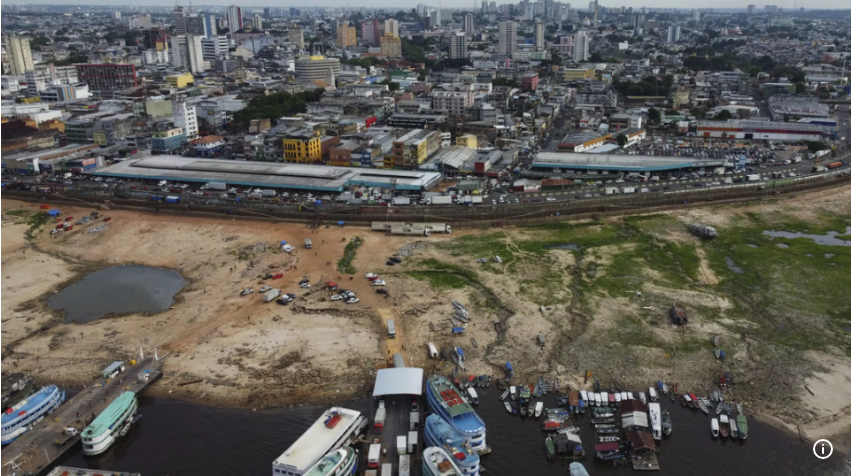Latest
Heavyweight Champion Oleksandr Usyk Released After Brief Detention at Krakow Airport

Heavyweight boxing champion Oleksandr Usyk was briefly detained at Krakow airport in Poland but has since been released, Ukrainian President Volodymyr Zelenskyy confirmed on Wednesday.
“I was disappointed by this attitude towards our citizen and champion,” said Zelenskyy after speaking with Usyk by phone. “Our champion has been released, and he is no longer being detained.” The Ukrainian president also posted a photo of Usyk standing alongside Ukraine’s Consul General in Krakow following his release.
Details surrounding the 37-year-old boxing star’s detention remain unclear. Usyk, one of Ukraine’s most prominent athletes on the international stage, has been actively involved in various humanitarian efforts supporting Ukraine’s resistance against Russia’s invasion.
“A misunderstanding took place. It was quickly resolved,” Usyk explained in a statement posted to Instagram, thanking Ukrainian diplomats for their “efficient support.” He also expressed gratitude to the Polish police, commending their professionalism in handling the situation, saying they performed their duties “with no regard to height, weight, reach, and regalia.”
Ukrainian Foreign Minister Andrii Sybiha, recently appointed to the position, also addressed the incident, calling the actions against Usyk “disproportionate and unacceptable.” Sybiha announced that Ukraine would be sending an official note to the Polish government in response to the detention.
Usyk, a 2012 Olympic gold medalist, began his professional boxing career as a cruiserweight, becoming the undisputed champion of that division in 2018 after defeating Russia’s Murat Gassiev. He then moved up to the heavyweight division in 2019, capturing three title belts with a victory over Anthony Joshua in 2021.
In May, Usyk solidified his legacy by defeating Tyson Fury in Saudi Arabia to become the first undisputed world heavyweight champion in 24 years. He later announced that he was vacating the belt. A highly anticipated rematch between Usyk and Fury is set for December 21, once again in Saudi Arabia.
Following the rematch, Usyk has hinted at the possibility of moving back down to cruiserweight, where he initially made his mark in the boxing world.
Latest
Flash Floods Devastate Thai Elephant Sanctuary, Killing Two Elephants and Forcing Evacuations
Latest
Severe Drought Causes Record Low Water Levels in Brazil’s Negro River
Latest
Oxford Scientists Develop First Ovarian Cancer Vaccine in Groundbreaking Research
-

 Business1 year ago
Business1 year agoSaudi Arabia’s Model for Sustainable Aviation Practices
-

 Business1 year ago
Business1 year agoRecent Developments in Small Business Taxes
-

 Politics1 year ago
Politics1 year agoWho was Ebrahim Raisi and his status in Iranian Politics?
-

 Business11 months ago
Business11 months agoCarrectly: Revolutionizing Car Care in Chicago
-

 Business11 months ago
Business11 months agoSaudi Arabia: Foreign Direct Investment Rises by 5.6% in Q1
-

 Technology1 year ago
Technology1 year agoComparing Apple Vision Pro and Meta Quest 3
-

 Politics1 year ago
Politics1 year agoIndonesia and Malaysia Call for Israel’s Compliance with ICJ Ruling on Gaza Offensive
-

 Sports10 months ago
Sports10 months agoKeely Hodgkinson Wins Britain’s First Athletics Gold at Paris Olympics in 800m



















